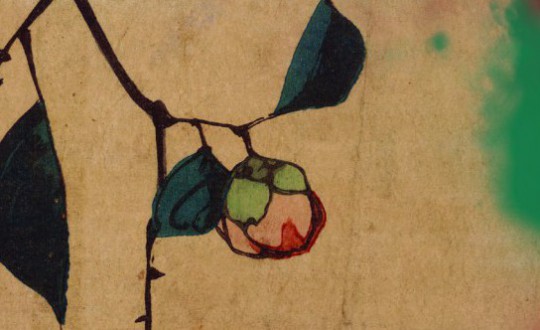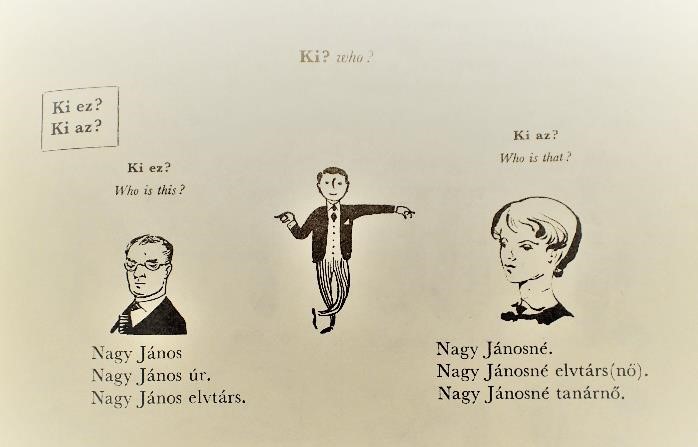Here to relieve the unbearable suspense we left you in after part I are Julia Sherwood and Ottilie Mulzet, picking up where they left off in their chat about Mulzet’s translations from Hungarian and Mongolian, and more!
JS: Not all translators take on both fiction and poetry, but you have also translated Szilárd Borbély’s poetry for Asymptote, and your revised and expanded collection of his Berlin-Hamlet came out in the US last year. In what ways is your approach different when translating poetry and prose? And given that in Hungary, Szilárd Borbély was primarily known as a poet, there is a whole treasure trove out there waiting for the English reader—are you planning to tackle any more of his poetry?
OM: I’ve actually already translated two other volumes by Borbély: Final Matters: Sequences, and To the Body: Odes and Legends. Final Matters has been described as a monument to his mother, who was murdered by thugs who broke into her home in a tiny village on the night before Christmas Eve, 1999. She was murdered brutally in her bed, Borbély’s father was left for dead but survived. (He passed away in 2006.) Borbély was the one who found them, and well, I don’t think it takes too much imagination to picture the unspeakably deep trauma this must have occasioned.
Final Matters is like a three-part memorial to her, although it doesn’t address her murder directly; instead, Borbély employs allegorical language—he drew his inspiration for the first part from central European Baroque folk poetry about Christ and the Virgin Mary, in particular the poetry of Angelus Silesius—to talk about death and the body. There’s a lot of brutally direct detail and philosophical language at the same time. In reading The Dispossessed, though, you see exactly where this comes from—the little boy is confronted with brutal details all day long, but in his own mind, he is preoccupied with abstraction, his love for prime numbers. In the second part of Final Matters, Borbély turns to the myth of Amor and Psyche to explore questions of physicality and immateriality. And in the third part, he reworks another part of Hungarian religious-poetic culture that’s been largely forgotten: the legends and parables of the Hungarian-speaking Szatmár Hassidic Jews from Hungary’s rural northeast. (Now, of course, the Szatmár region is mostly in Romania, and the Szatmár Hassidim, except for the Yiddish-speaking Satmari in Brooklyn, were almost all murdered in the Holocaust.) And yet through these three sections, which he terms ‘Sequences’, he causes the three great western traditions—Judaism, Christianity, and the world of the ancient Greeks—to confront each other, form a dialogue with each other; they all cause the others to be seen in a different light.





